Similar to other former British colonies in the region, Myanmar still has Section 377 of the penal code on its books. This law criminalizes “carnal intercourse,” which includes same-sex intercourse, and it is punishable by a sentence spanning from 10 years to life in prison. Its recent history saw the suppression of equal rights and diversity claims under the rule of an oppressive military junta from 1962 to 2011. Myanmar was long considered to be a “pariah state,” until recent widespread reforms prompted an increase of political freedom within the country and a partial reinstatement of relations with the outside world. Since then, the LGBT community has had greater visibility but still faces an uphill better to have their basic freedoms and human rights respected.
The current legal framework permits the harassment, unlawful arrest and physical abuse of LGBT persons, and particularly of trans individuals.
LGBT people are often targets of abuse and discrimination in Myanmar, at times perpetrated by the State itself. The current legal framework permits the harassment, unlawful arrest and physical abuse of LGBT persons, and particularly of trans individuals. The political situation also makes for a notable scarcity of activists campaigning openly (even in comparison to neighbour countries in the region), as well as a limited public awareness of LGBT issues. The wider national culture also bears influence here: very few dialogues are held about sex, and ideas about homosexuality and gender diversity are framed through a lens of foreignness. Report have shown that hostility against LGBT persons is undermining the fight against HIV/AIDS in Myanmar — which, according to the World Health Organization, has one of Asia’s highest HIV prevalence rates. Particularly in the case of men who have sex with men, criminalization laws and social stigma keep them hidden and harder to reach, and make them more likely to engage in unprotected sex. In some areas (such as the big cities of Yangon and Mandalay), as many as 29 percent of men having sex with men are HIV positive, according to a 2010 report by the Joint United Nations Programme on HIV/AIDS. Political reforms in the country have been slowing down since 2014 according to International Organizations like the Human Rights Watch. Yet discussion about constitutional reform continues and the LGBT community stands to benefit from these wider liberalizations – however, conservative forces are still pushing for stricter enforcement of Section 377 of the Penal Code, thus reinforcing the stark divide between old and new Myanmar.
- Status of Same-Sex Sexual Activities
-
Illegal (imprisonment as punishment)
Section 377 of the penal code prohibits same sex sexual activity and sodomy. Along with fines, the punishment can vary from ten years up to life imprisonment, though no known enforcement has been done in recent years.Other sections of the Penal Code might also be used to repress same-sex activity, such as vagrancy, public nuisance, obscenity and the “spreading of sexually transmitted diseases”. - Legal Recognition of Same-Sex Relationships
-
Unrecognized
In 2014, the first public same-sex wedding ceremony was held in Myanmar. The union is not recognized by the State and the couple is still not legally married. The act was prominently political and aimed to encourage the LGBTQ community and promote awareness. - Same-Sex Parenting
-
No provisions
Same-sex couples are not legally recognized and cannot jointly adopt a child in the country. - Legal Gender Recognition and Sex Reassigment Surgery
-
Illegal
There are no provisions guaranteeing trans people the right to change their legal gender (regardless of the realization of gender confirmation surgeries).In fact, the 1945 Police Act, Section 35c, criminalizes wearing a disguise or a covered face between sunset and sunrise and has been used by State authorities in arrests to target transgendered people. - Laws and Policies on Discrimination
-
Discrimination occurs regularly and there are no legal protections against hate crimes or hate speech based on sexual orientatio
Anti-discrimination laws do not refer to sexual orientation or gender identity in any fields (employment, housing, enjoyment of
Donating blood is banned for people who engage in same-sex sexual activity. The deferral is indefinite.
LGBTQI people are not allowed to openly serve in the Military.
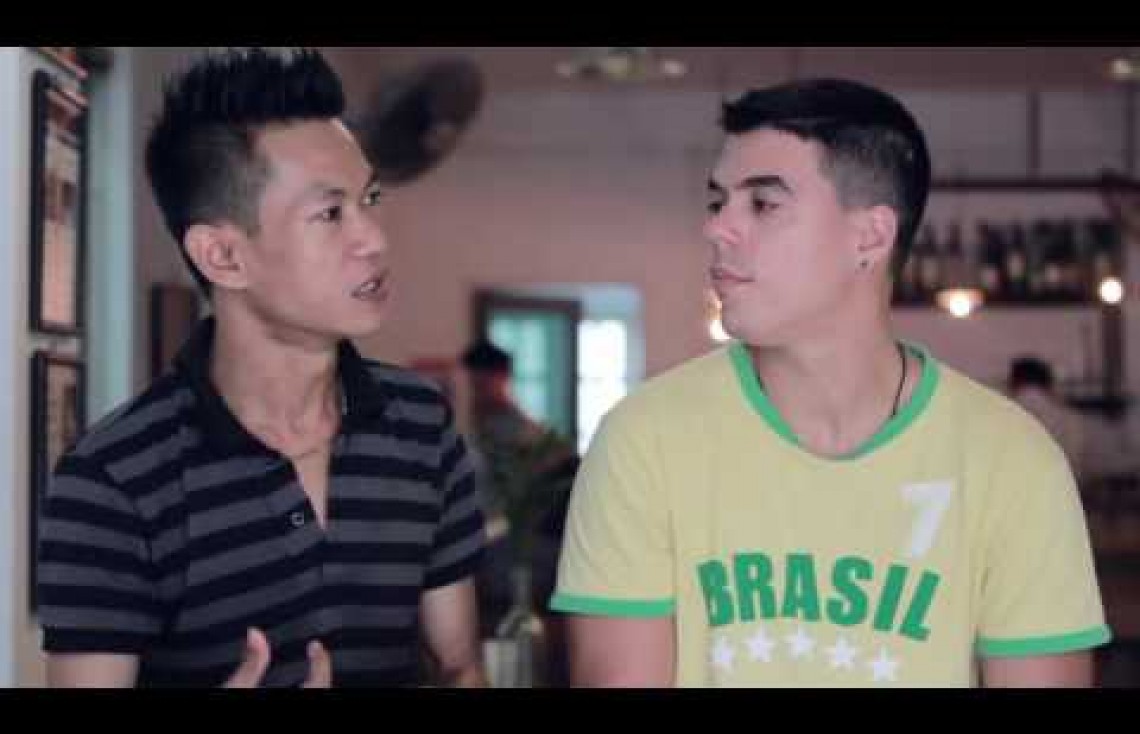
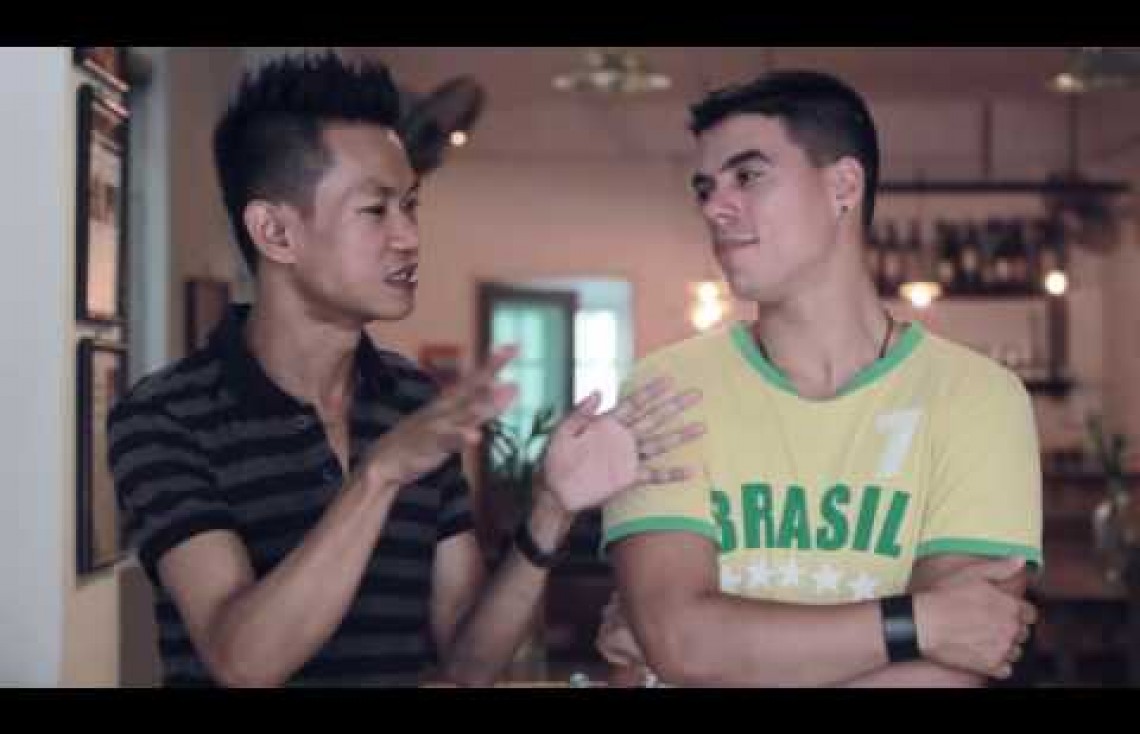
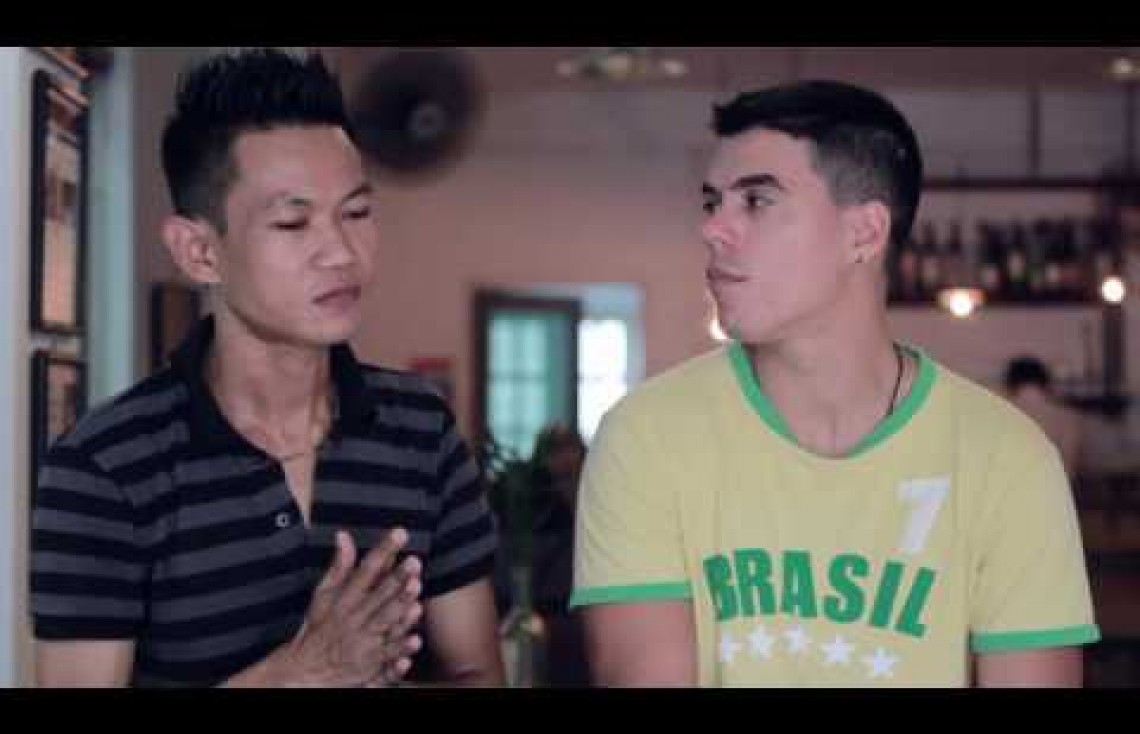
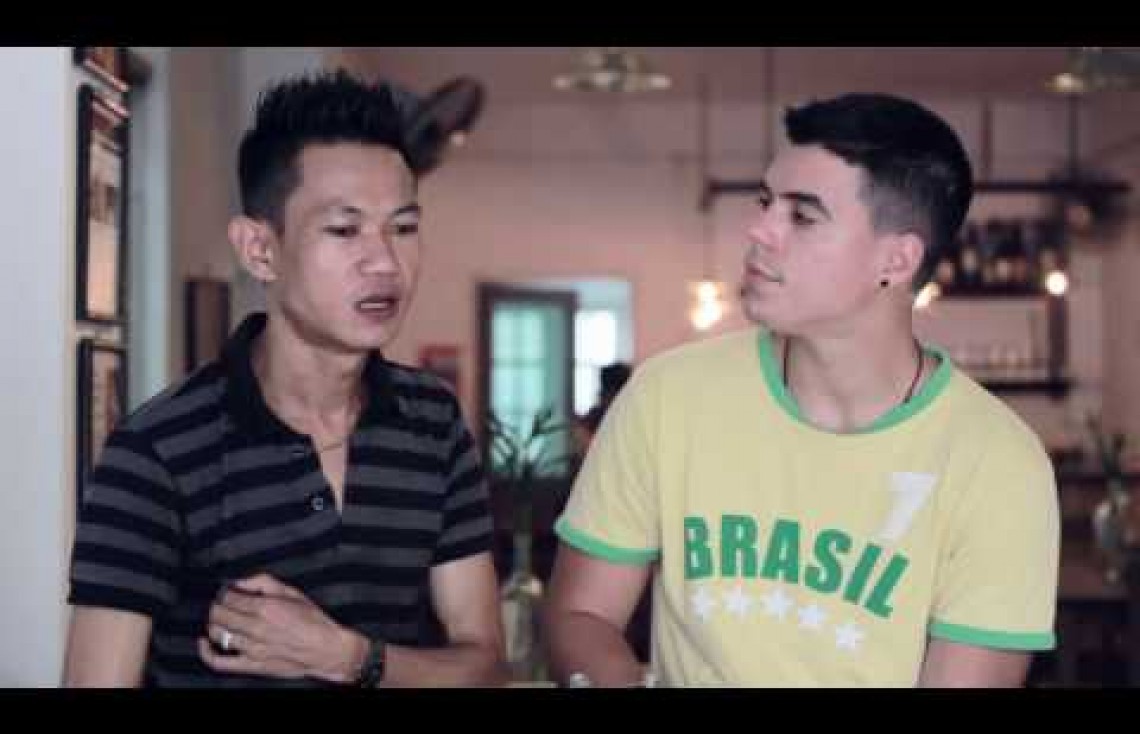
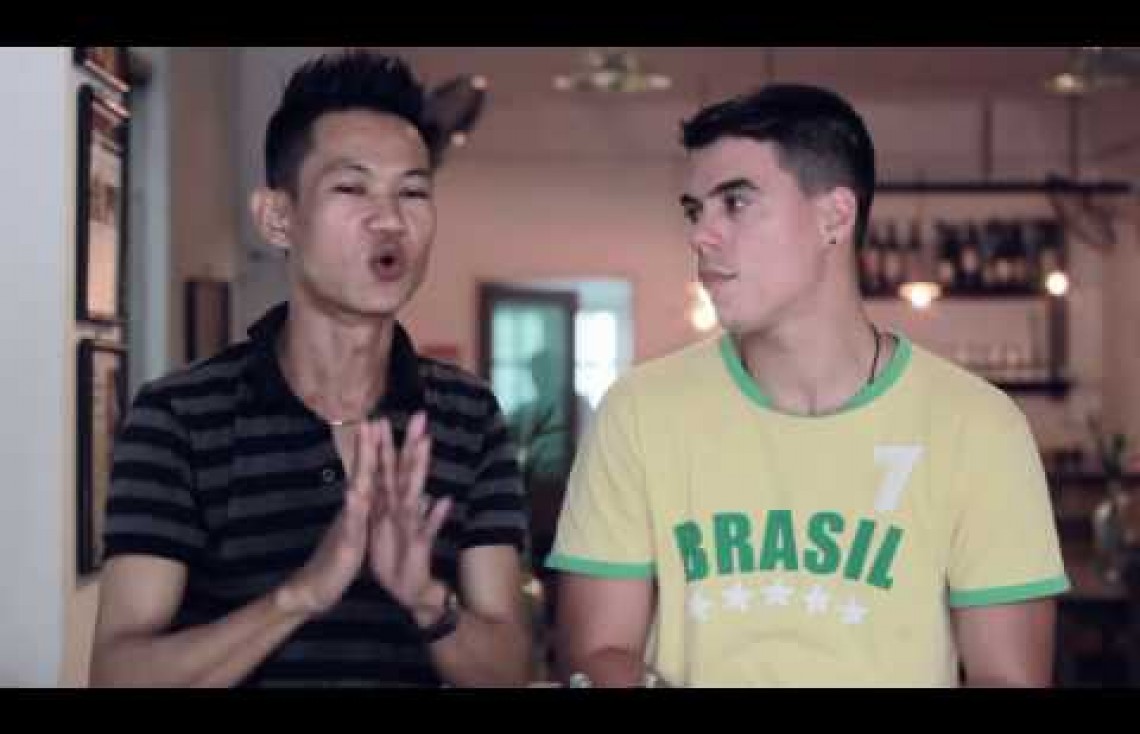
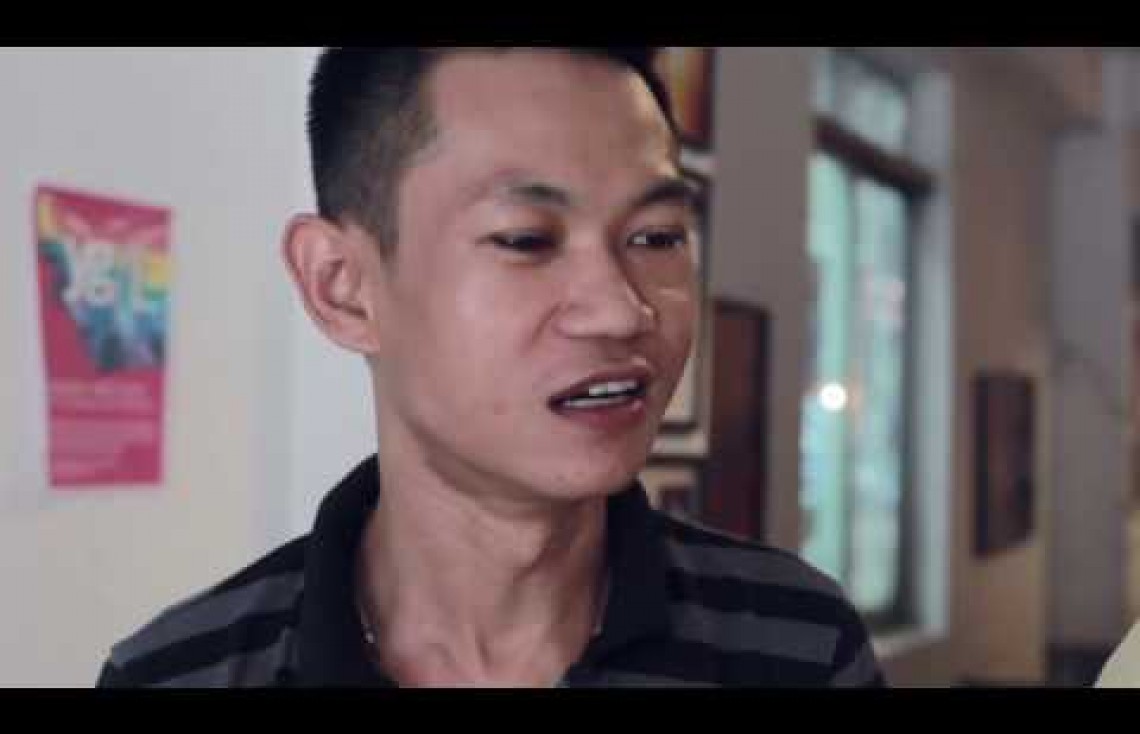

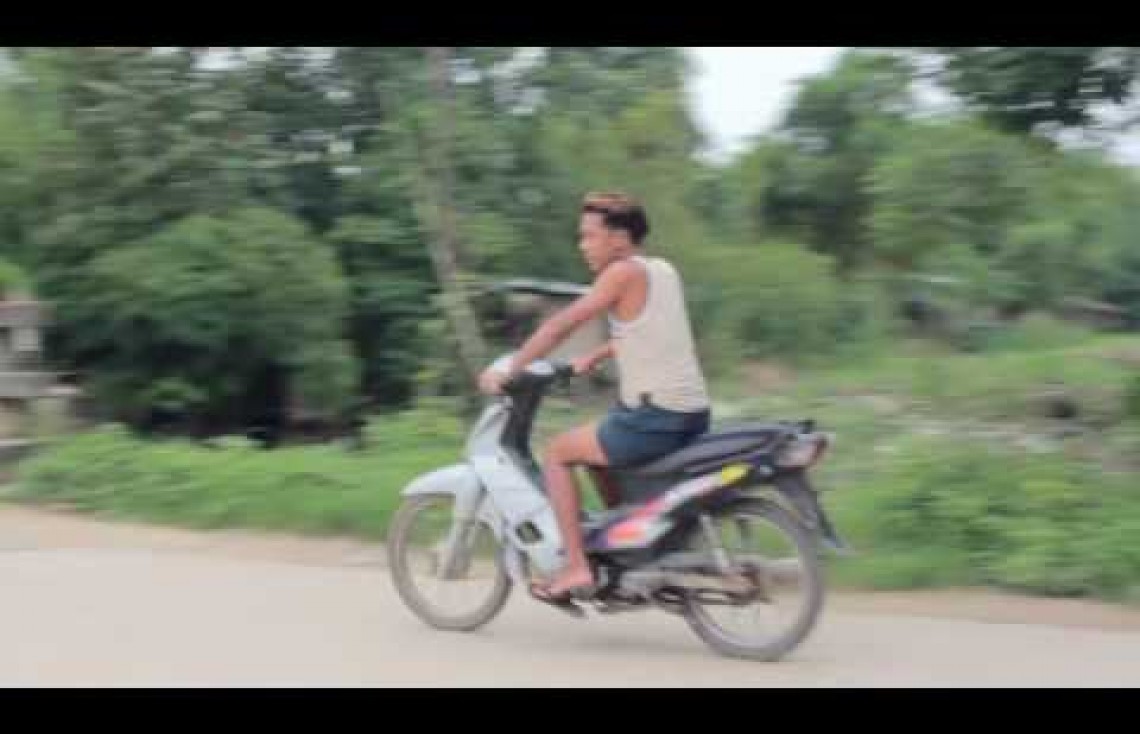
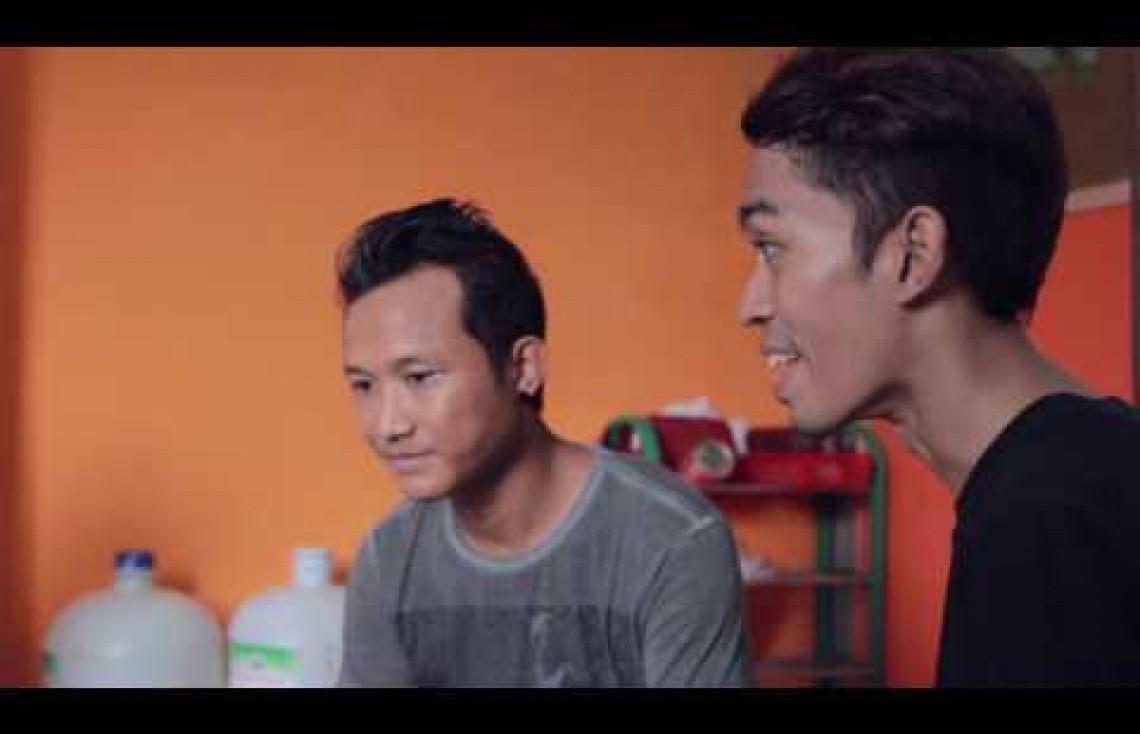

Freedom of Expression. A pride with no parade for Burma's first gay festival. (BBC, 05/2012).
,Activism. Gay people in Burma start to challenge culture of repression. (The Guardian, 05/2012).
,Criminalization. Burmese police accused of targeting and torturing homosexuals. (The Telegraph, 07/2013).
,Same-sex marriage. Myanmar Gay Couple Says ‘I Do’. (Myanmar Times, 02/2014).
,Public Policies & Governance. LGBT Network Calls for Tolerance, End to Harassment. (The Irrawaddy, 09/2015).
,Hate Crime & Violence. LGBT Burmese Missed the Revolution. (The Daily Beast, 08/2016).
,Discrimination. LGBT people are passed over for employment opportunities. (Myanmar Now, 09/2016).
